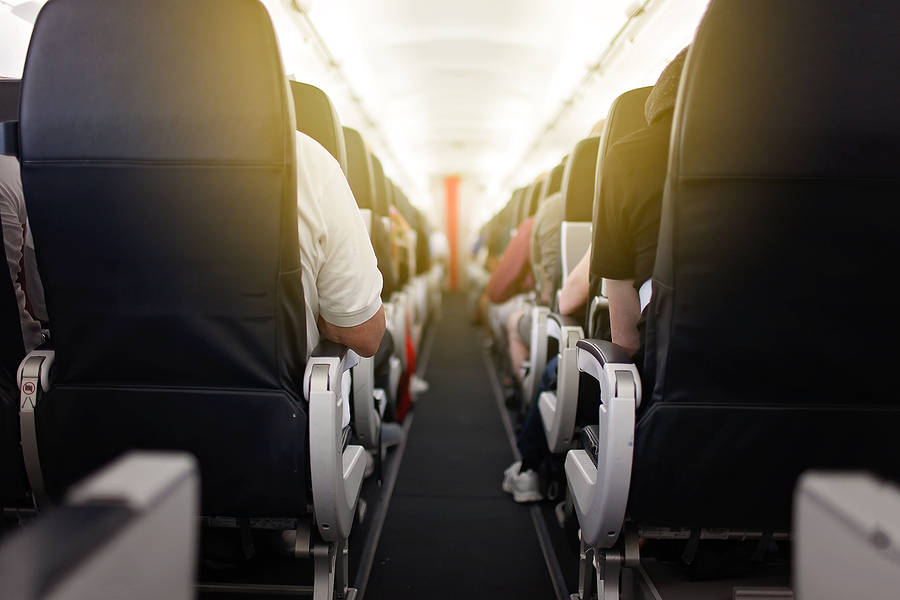Traveling offers many wonderful experiences that make lots of people overlook the many discomforts and inconveniences that come along with it. Jet lag is one of those nuisances that can cause problems for many. But what is it exactly? And why does it affect sleeping patterns? Most importantly, how can you fight it?
What is Jet Lag?
So how does jet lag work? Jet lag is a temporary sleep disorder that affects anyone traveling across multiple time zones. The body has an internal clock, known as circadian rhythms. Your internal clock plays a role in signaling your body when to stay awake and when to sleep.
Because your body's internal clock is used to a certain schedule, it becomes out of whack when you enter a different time zone. This is when jet lag occurs. The more time zones you cross, the more likely you are to experience jet lag.
Symptoms of jet lag include:
- Disturbed sleep
- Fatigue
- Trouble concentrating
- Gastrointestinal issues such as constipation, diarrhea, and nausea
- Feeling unwell
- Mood changes
How Can Jet Lag Hurt Your Sleep?
Traveling across two or more time zones can put your internal clock out of sync with the time in your new location. As a result, your body will have trouble adjusting to the new schedule. The easiest example of this is traveling from the east coast to the west. All of a sudden you’re 3 hours ahead or behind of your initial location and it can be difficult to adjust.
4 Ways to Correct Jet Lag
You can follow a few basic steps to help prevent jet lag or reduce its effects.
1. Regulate Light Exposure
Because light exposure has the most powerful influence on the circadian rhythm, regulating your exposure to light may help you avoid or reduce jet lag. So when access to natural light is limited, use artificial light to help you adjust to a later than usual time zone. To adapt to an earlier time zone, wear sunglasses and avoid bright light in the morning.
2. Get Plenty of Rest Before Your Trip
Get quality sleep at least a few nights before your trip. This will help ensure that you're well-rested before traveling. Taking a trip when sleep-deprived can make symptoms of jet lag worse.
3. Take a Sleep Aid
Jet lag can throw off the regulation and production of melatonin. That's why certain dietary supplements can be helpful in boosting the body's level of melatonin. You can also take sleeping pills to help you fall asleep. But keep in mind that they don't change your circadian rhythm, but more so mask it. So be careful and be sure to consult with your doctor before going this route.
4. Prepare Your Internal Clock
You can modify your sleep schedule in the days ahead of your trip to help get your body used to a different time zone. This way, there won't be as much of a discrepancy between your circadian rhythm and the local time of your destination.
When arriving home, the best way to readjust is to have the best possible mattress waiting for you. Visit one of our two locations, in Sarasota and Venice, and discover the power of a great mattress today.




